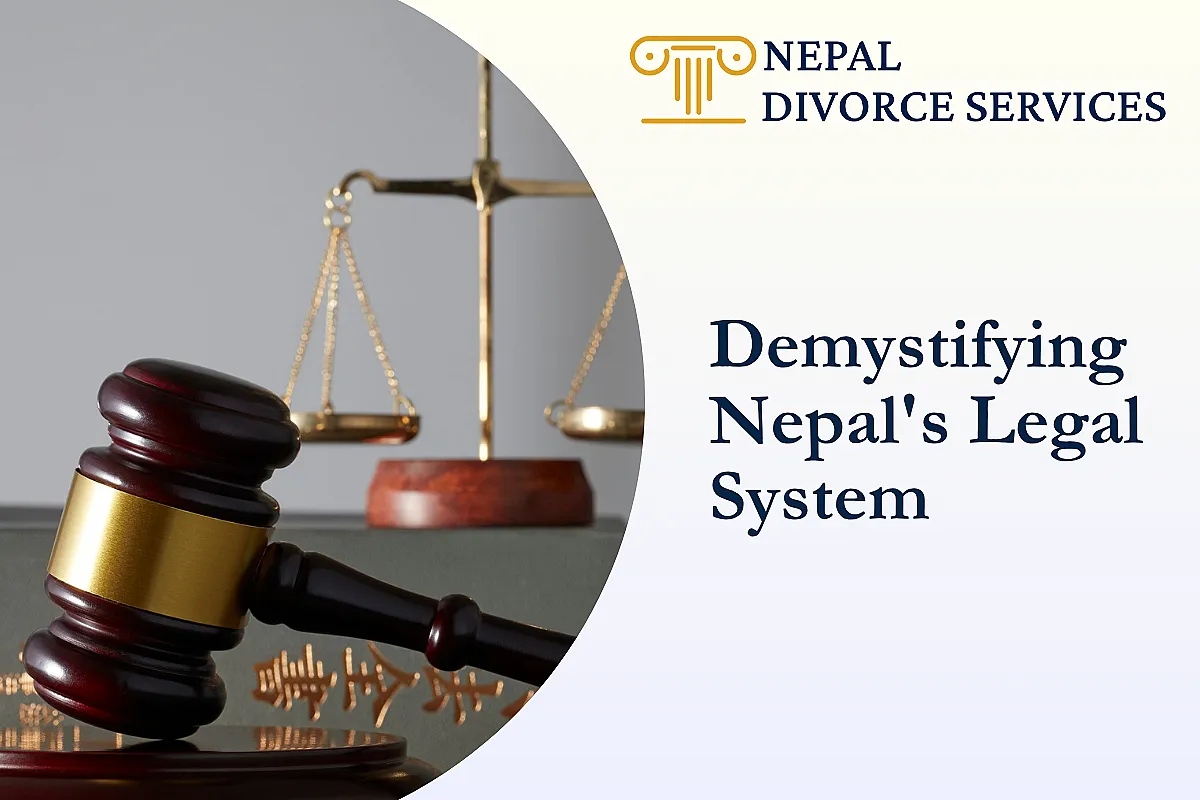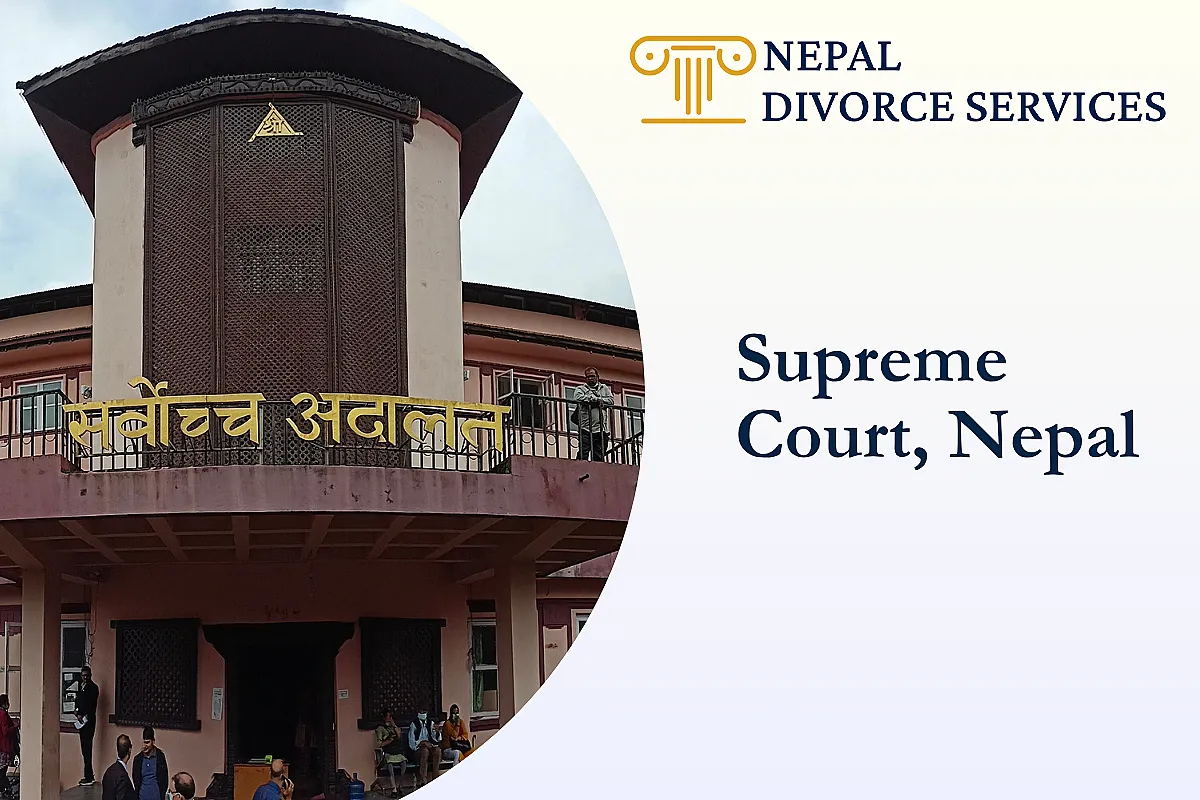Tag : Judicial Review Nepal
Demystifying Nepal's Legal System
Demystifying Nepal's Legal System is a challenging but rewarding topic. According to my search, Nepal's legal system is a civil law-based system, which means that laws are derived from written statutes rather than judicial decisions. However, Nepal's legal system also has some elements of common law, such as the practice of case laws or precedents. The Nepali legal system has been influenced by various sources, such as the Napoleonic Code, the Hindu philosophy, and the English common law.
Supreme Court, Nepal
The Supreme Court of Nepal is the highest court in Nepal and the final authority to interpret and apply the constitution and laws of the country. The Supreme Court also has the power to review and overturn the decisions of lower courts and other branches of government, and to protect and enforce the fundamental rights and freedoms of the people. The Supreme Court plays a vital role in maintaining the rule of law, ensuring justice, and upholding democracy in Nepal. In this article, we will explore the history, composition, jurisdiction, procedure, and functions of the Supreme Court of Nepal.


